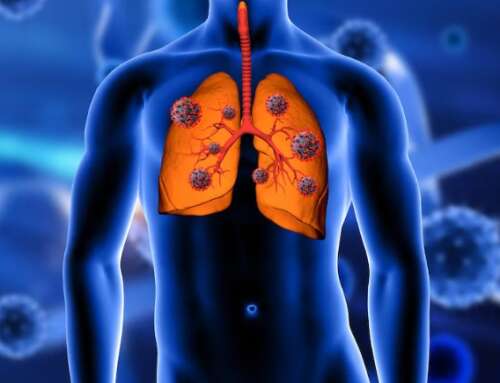Lung cancer is a serious disease that can affect not just the body, but also a person’s emotional well-being. After going through treatment, one of the biggest concerns for patients is the possibility of the cancer coming back. While no one can predict for sure if lung cancer will return, understanding the risk factors can help patients manage their health better.
- What Causes Lung Cancer to Come Back?
There are several factors that may increase the risk of lung cancer recurrence. These include the type and stage of lung cancer at diagnosis, how well the body responded to treatment, and whether the cancer had spread to other parts of the body. Even if the cancer was treated successfully, some small cancer cells may remain in the body, which can lead to a recurrence later on.
- Type and Stage of Cancer
The type of lung cancer—whether it is small cell or non-small cell cancer—plays a significant role in the chances of it coming back. Small cell lung cancer, for example, tends to spread more quickly than non-small cell cancer, making it more likely to return after treatment. The stage of the cancer when diagnosed is also a key factor. If the cancer was found at an early stage, the chances of recurrence are usually lower compared to when the cancer was diagnosed at a more advanced stage.
- Breathlessness and Lung Cancer
Many people with lung cancer often experience breathlessness. It is important to understand that this can happen during and after treatment. Lung cancer itself can cause damage to the lungs, leading to difficulty breathing. If someone is experiencing breathlessness after cancer treatment, they should not ignore it. It may be a sign of recurrence or another lung issue. Early medical attention is important to rule out any serious concerns and ensure the best possible recovery.
- Recurrence Risk and Lifestyle Factors
Lifestyle habits also play a big role in the risk of lung cancer recurrence. Smoking, for instance, is one of the leading causes of lung cancer. Even after successful treatment, continuing to smoke can increase the chances of the cancer coming back. Eating a balanced diet, exercising, and avoiding harmful substances can help lower the risk.
Genetics and family history also play a role in the chances of recurrence. Some people may be at a higher risk due to inherited traits, so they should stay vigilant about regular checkups and screenings.
- Monitoring and Early Detection
For anyone who has had lung cancer, regular follow-up appointments and screenings are vital. Doctors will monitor for any signs that the cancer may return. These checks often include CT scans, chest X-rays, and physical exams. Monitoring helps detect recurrence early, giving patients a better chance of successful treatment if cancer does return.
- What You Can Do
While you cannot control all the factors that contribute to lung cancer recurrence, there are steps you can take to improve your health. Avoid smoking, maintain a healthy weight, stay active, and follow your doctor’s recommendations for follow-up care. Regular checkups are key to detecting any changes early and addressing them promptly.
Final Thoughts:
If you or a loved one is concerned about lung cancer and the risks of recurrence, FLASS (Florida Lung, Asthma & Sleep Specialists) is here to support you. Our experienced team is dedicated to providing the best care and guidance throughout your journey. Let us help you stay on top of your health with regular checkups and personalized advice. Contact FLASS today to schedule an appointment and take the next step in managing your health.


